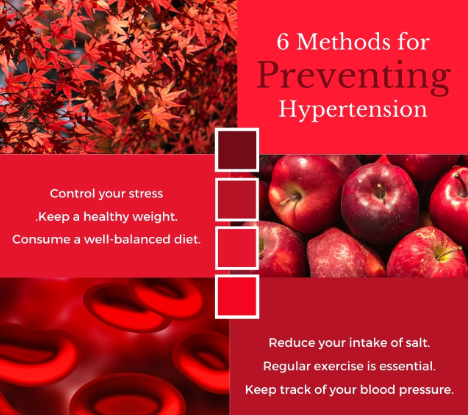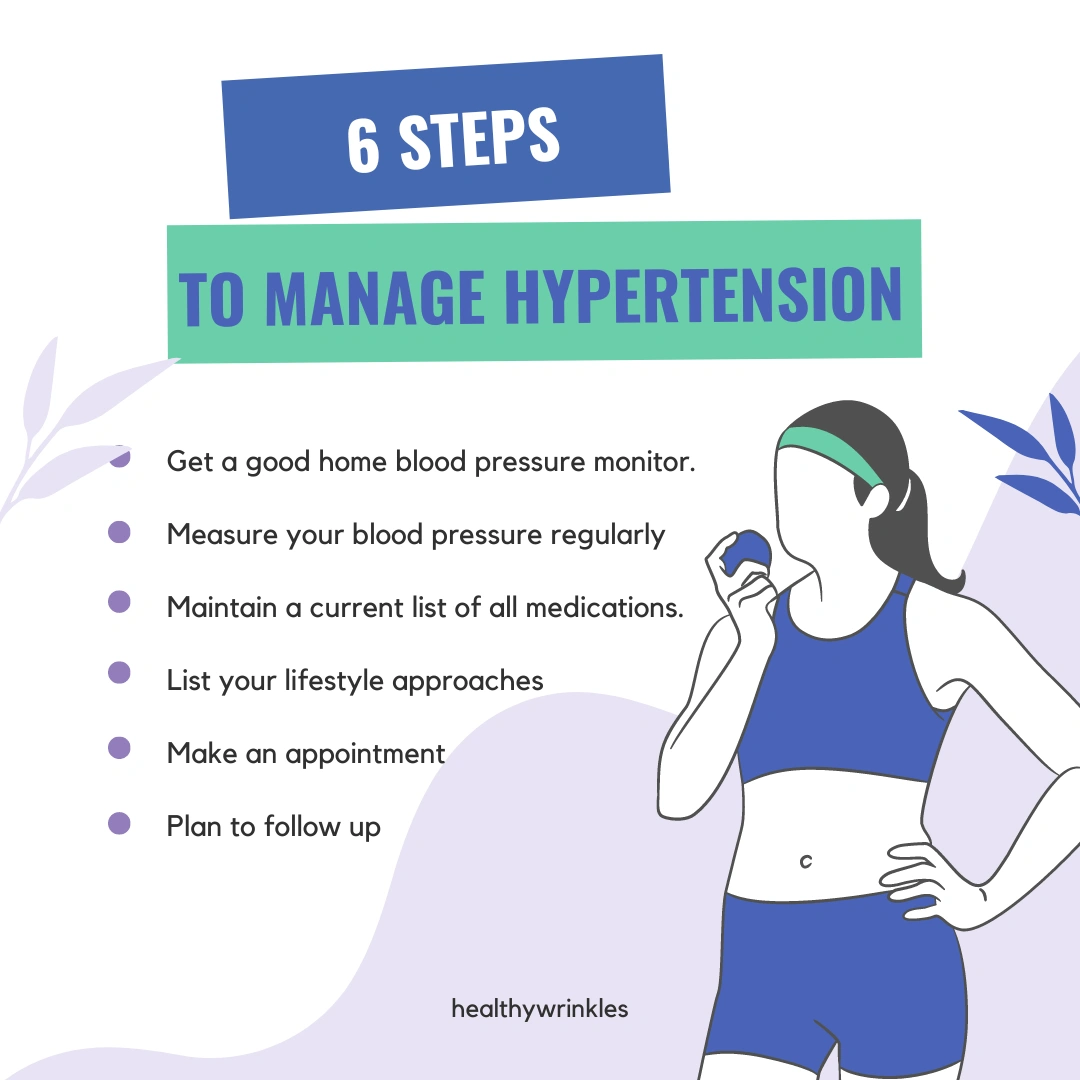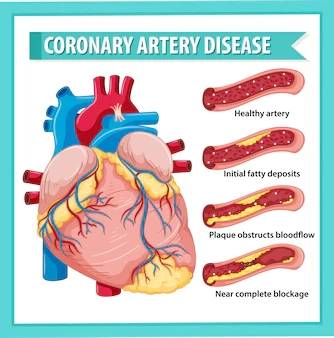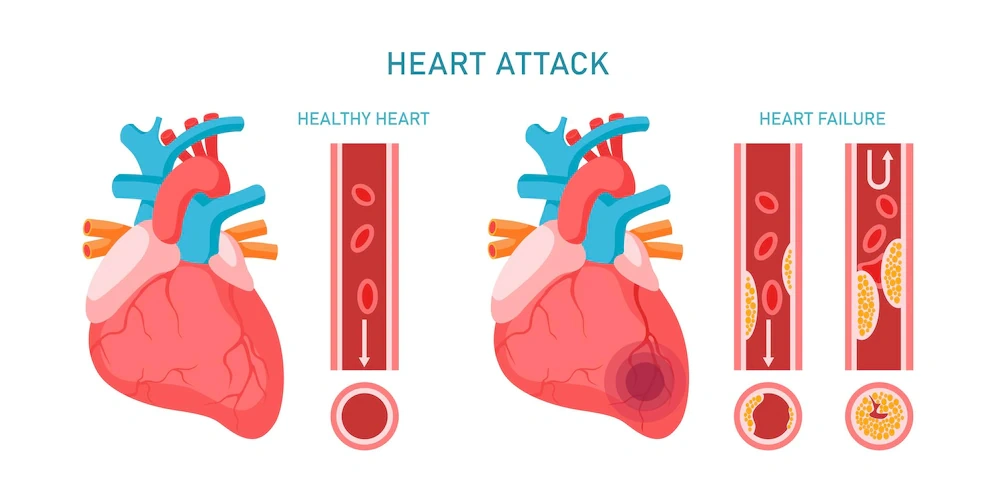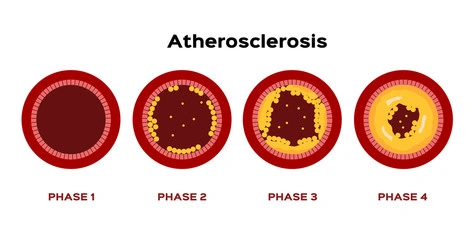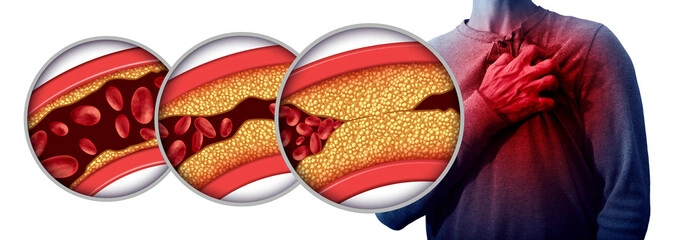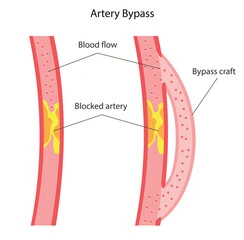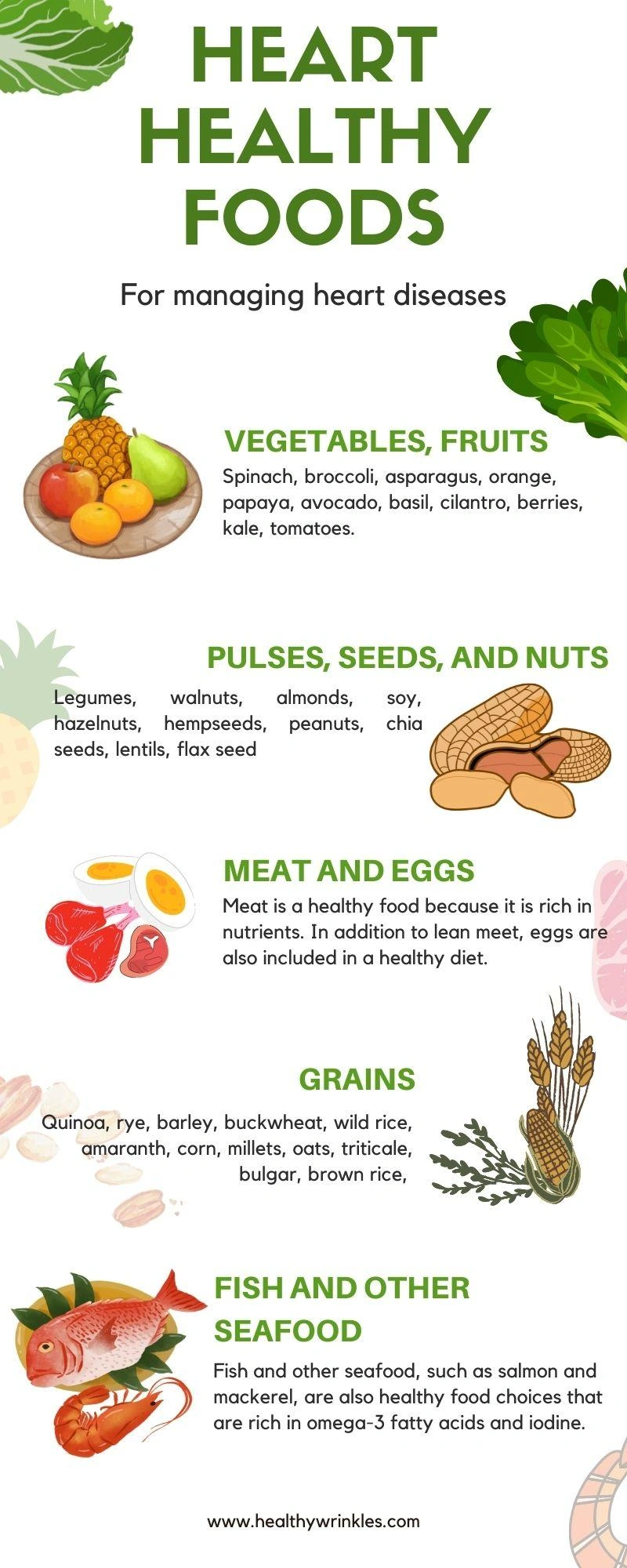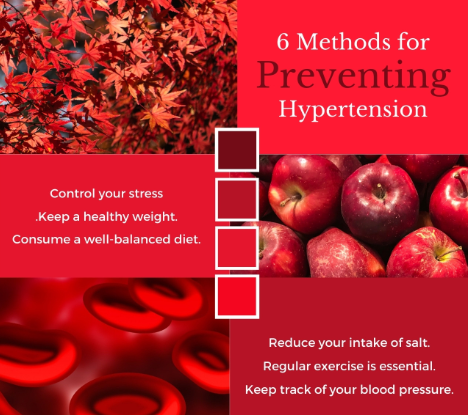Hypertension disease home care plans for elders
28-09-24
Seniors all over the world are concerned about high blood pressure. High blood pressure increases the risk of heart disease and stroke, which cause serious effects on one’s health. But how can we assist seniors who have hypertension? Home care could be the solution!
The Fundamentals of Blood Pressure
The force of blood pushing against blood vessel walls is measured by a person's blood pressure. High blood pressure is dangerous because it causes the heart to work harder to pump blood throughout the body and can cause artery hardening. Some factors are beyond our control, such as genetics and aging; however, others, such as:
●Controlling salt intake
●Managing Stress Levels
●Physical activity should be increased.
But what role does home care play?
Home Care & Blood Pressure
Having a caregiver at home can assist in lowering your blood pressure. Why? Because caregivers can assist you in monitoring your body, eating habits, and other factors that contribute to high blood pressure.
Here are some examples:
●Caregivers can assist in meal preparation based on the dietary restrictions determined by the primary physician or nutritionist. Low-sodium diets have been shown to help maintain normal blood pressure levels. Furthermore, there are numerous senior super foods that can help improve overall health.
●Play games, watch movies, talk, and laugh to provide long-term social interaction. Stress can be reduced by meaningful companionship. Stress reduction also aids in blood pressure control.
●Help with staying active: Caregivers should encourage movement whenever possible. Even if it's just a walk to the mailbox, physical activity is a great way to help keep your blood pressure in check.
High blood pressure is sometimes referred to as the "silent killer" because there are usually no warning signs or symptoms. Being proactive in our efforts to help prevent it from happening is an important part of fighting the disease. If you notice a change or are concerned about the high blood pressure symptoms of a loved one, seek advice from your primary care physician.



